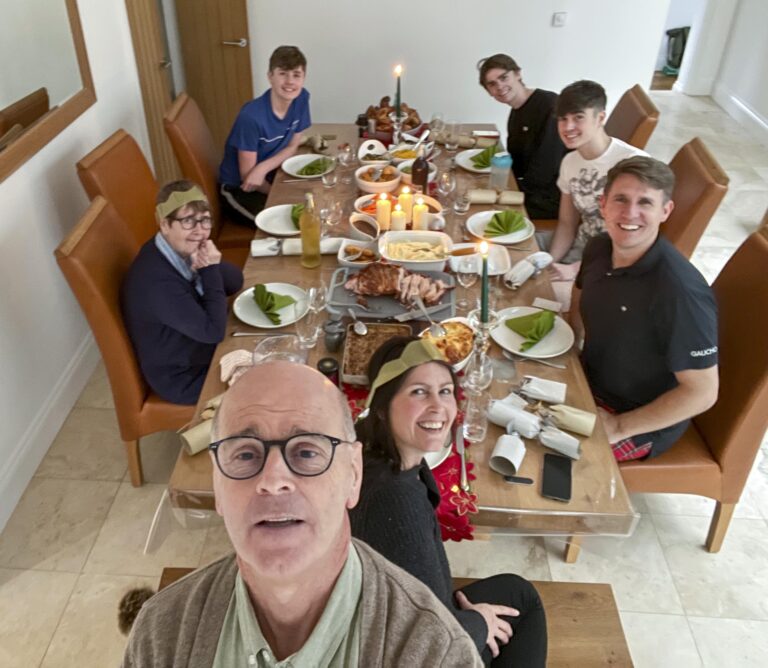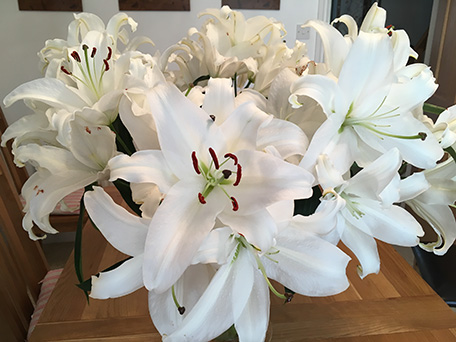In word association, “Easter” will often trigger “eggs”. My wife tells me that Easter eggs have rocketed in price this year; yet despite the cost they are just as omnipresent as ever. Can’t get away from the things: mountains of chocolate eggs have cumbered the isles of supermarkets for many weeks. Well, the impossible-to-avoid walls, pyramids and ranges of Easter eggs has prompted the resurrection of a post started in Utah, October 2022 and somehow never finished.
Over the years I’ve noticed a curious difference between countries. In America—or at least Utah—it’s impossible to buy a brown hen’s egg. All eggs are pristine white. In England the opposite is true: white eggs cannot be found, all eggs are brown. I expect some of you immediately disagree: you’ve bought brown eggs in Utah and white eggs in England. Of course, there’s always exceptions: all I can tell you is my own experience over several decades. And on the day I wrote this in Utah, we had returned from grocery shopping in Target, where once again there were no brown eggs.
Why? Perhaps in America white represents purity, cleanness and freshness, but in the UK brown is seen as wholesome, natural and nutritious. White bread is the ultimate processed food, despised by foodies (although chosen by a majority of ordinary people). Brown wholemeal is the healthy option. (My own preference, in case you are interested, is malted granary.) Of course, we all know that eggs is eggs is eggs. The colour of the shell has no bearing on its content. I couldn’t care less if my boiled egg is white or brown; my interest is if it’s been boiled nicely — firm with a soft yolk.
Many still judge by appearance, even though everyone knows you can’t tell a book by it’s cover. Actually, in my experience it is often possible to tell a book by it’s cover. Books by popular authors — likely to become bestsellers — attract better artists for a cover design, more money on a quality binding, better quality paper. In other words, a good book usually looks good. So what we say about eggs may not apply to everything in quite the same way.
In the recent General Conference of the Church I was struck by this statement from Elder Uchtdorf, when visiting a small struggling branch with a friend:
“I quickly repented of my judgmental attitude. I had wanted picture-perfect meetings to impress my friend. But what the members of this branch had achieved was a heart-perfect spirit of love, kindness, patience, and compassion . . .
. . . it’s important to remember that when most people experience the Church of Jesus Christ for the first time, they aren’t thinking about priesthood authority or ordinances or the gathering of Israel. What they’re likely to notice, above all else, is how they feel when they’re with us and how we treat each other.”
(Dieter F. Uchtdorf, “By This All Will Know That You Are My Disciples”, April 2025 General Conference)
The impressive theology, astonishing doctrine, inspiring revelations, even the remarkable Book of Mormon, take second place to appearance for new visitors to our chapels. This sense of appearance is deeper than the colour of eggs. It’s how people behave, the “feel” or spirit of a small community. Are people happy here? Do they care for each other? And especially, how do they respond to me? Just like hens eggs, colour, appearance, or size doesn’t matter, its what’s on the inside that counts. And, like books, what’s on the inside may shape what’s on the outside — hah! a chicken-and-egg story? Well, neither: the impression we give others emerges from the kind of people we are, whether we are true disciples of our Lord Jesus Christ.
There are some echoes of Easter here. Why eggs as an Easter symbol? They represent new birth, which the Saviour’s sacrifice is all about, offering rebirth by change through repentance. Yet there’s a warning in the Easter story. The Jewish leaders saw a different Jesus than his disciples. Their response to the Son of God was catastrophically negative, wickedly destructive, driven by an evil desire for self preservation, privilege and power. The astonishing miracles, the matchless teaching, the unassailable reason and logic were brushed aside. If a visitor to our Sunday service comes desiring to be offended, determined to find fault, he will find it, as sure as eggs is eggs. It will always be possible for a stranger to refuse to be moved by the spirit of our meetings, no matter how inspiring they may be. The disciples recognised Jesus as the Messiah by openness to his spirit, responding to feelings they had in his presence, his love them, how he treated the poor, the needy, healing those with infirmities. The Scribes and Pharisees saw the same things but refused to be moved by them. And in this there is an Easter lesson:
Know this, that ev’ry soul is free
To choose his life and what he’ll be;
For this eternal truth is giv’n:
That God will force no man to heav’n.
He’ll call, persuade, direct aright,
And bless with wisdom, love, and light,
In nameless ways be good and kind,
But never force the human mind.
—Hymns, 240
Christ could have completely overwhelmed the Sanhedrin by the power of his person. But he would not. That, after all, was Satan’s plan. He provided all the evidence an honest seeker needed, but not so much that it was impossible to reject him. He will never, ever drown our agency. Therefore, two thousand years ago, he allowed himself to be taken captive, and tortured to death on the cross. But in addition to the torment of the cross (which many others had endured) in Gethsemane he began something beyond mortal comprehension. He took upon him the sins and trials of all humanity: an act of infinite anguish far, far beyond the extreme physical agony of crucifixion. I’m writing this on Good Friday, when we specially remember his sacrifice. But on our Good Friday we know something his followers (especially that small faithful band of men and women at the foot of the cross) didn’t know on that first Good Friday as they watched the Messiah die: there was a glorious Easter Sunday. The door of the tomb was thrown down, the tomb was empty, Jesus Christ lives, and because of it, so shall we.



